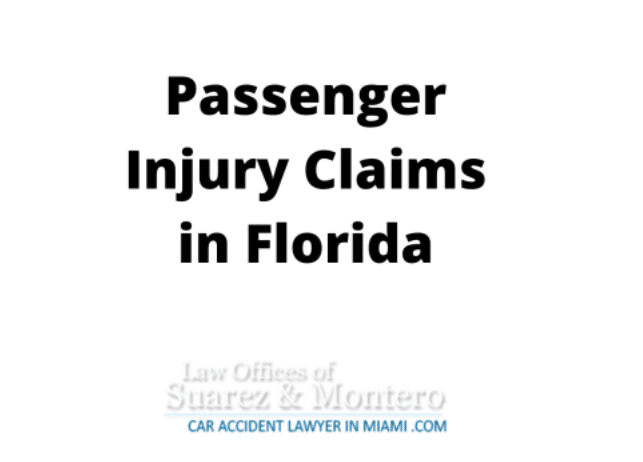
How to Respond to Insurance Company’s First Offer
Once a settlement demand has been composed and sent to an insurance company, this is considered an opening offer to settle a claim. Usually at this stage in the personal injury claim process, if the liability or the claim itself were going to be denied, a claimant would normally have been apprised of this long before sending out a demand letter. Thus, when sending out a demand letter, liability is usually pretty clear, and an insurance company will evaluate a demand for its damages and compare it to the costs of going through additional litigation. Often, people will make an initial demand and then call the insurance company to try to find out what is going on or when an offer will be received. In either case, at some point after sending a demand letter, you should expect to hear back from the insurance company in the form of a letter requesting additional information or a letter containing a counteroffer. Here are some tips on how to respond to an insurance company’s first offer:
Be Patient: The offer/counter-offer stage is a slow and subtle part of the personal injury claim process. Neither side wants to appear too desperate or willing to accept any offer that is made. Even if you get an offer that is higher than what you expected to get, don’t be so quick to accept as the initial offer is usually not the highest offer that can be obtained. It is important to appear to carefully consider each offer before responding. The normal process might typically take 30 days or so just for the initial offer. Normally an adjuster will call to convey this, but occasionally you will receive a letter as well.
You are Not Obligated to Accept the First Offer: Once you have either made an offer to the insurance company and they respond with a counteroffer, you are probably not going to like the first figures that the insurance company presents to you. If it is much lower than you expected, don’t be shocked and don’t let it discourage you. The claims adjuster has a main goal in mind: to save their employer money. Additionally, the adjuster may believe that you are partially at fault, that your injuries are not serious enough, or that you’re not represented by an attorney and so they don’t take you as serious as you claim, etc. It’s important to know that you aren’t obligated to accept the insurance company’s first offer (or any offer). Sometimes people are very impatient and just want to get that deal done, but there is usually more money on the table. It’s a common insurance adjuster tactic to start their offer as very low. Therefore, don’t be discouraged, but simply make another counteroffer that is slightly below your last offer. You should look at the insurance company’s first offer as a challenge, to see how much you can get. Take the emotion out of the first offer and use it to your advantage. This is purely a business decision on the claims adjuster’s part, and it should be on yours as well.
Use Evidence to Support Your Counteroffer: When responding to the Insurance Company’s first offer, make sure to carefully examine the offer letter. It will usually have details and concerns that the adjuster has regarding your case. For instance, they may state in the letter that they believe you are partially at fault. You will then need to look at the evidence and present it in a way to show that you were actually not at fault. The insurance company may have a concern about your pain and suffering, and you can reassert your position regarding those damages in a subsequent offer letter. When writing your response letter, address the points in the insurance company’s letter regarding why they believe your claim is less valuable and offer a counter argument.
Speak with a Miami Car Accident Attorney
If your loved one was injured in a car accident, call an injury lawyer at Suarez & Montero immediately. Our Law Firm’s history of extraordinary representation and success in car accident cases and many other types of personal injury claims has earned us glowing testimonials from former clients, as well as high reviews on Google! We serve clients throughout Florida including those in the following areas:
Miami-Dade: Aventura, Coral Gables, Doral, Fontainebleau, Hialeah, Homestead, Kendall, Miami, Miami Beach, Miami Lakes, North Miami, Tamiami, and Westchester.
Broward: Fort Lauderdale, Hallandale Beach, Hollywood, Pembroke Pines, and Weston; and Palm Beach County including Boca Raton, Lake Worth, and West Palm Beach.





